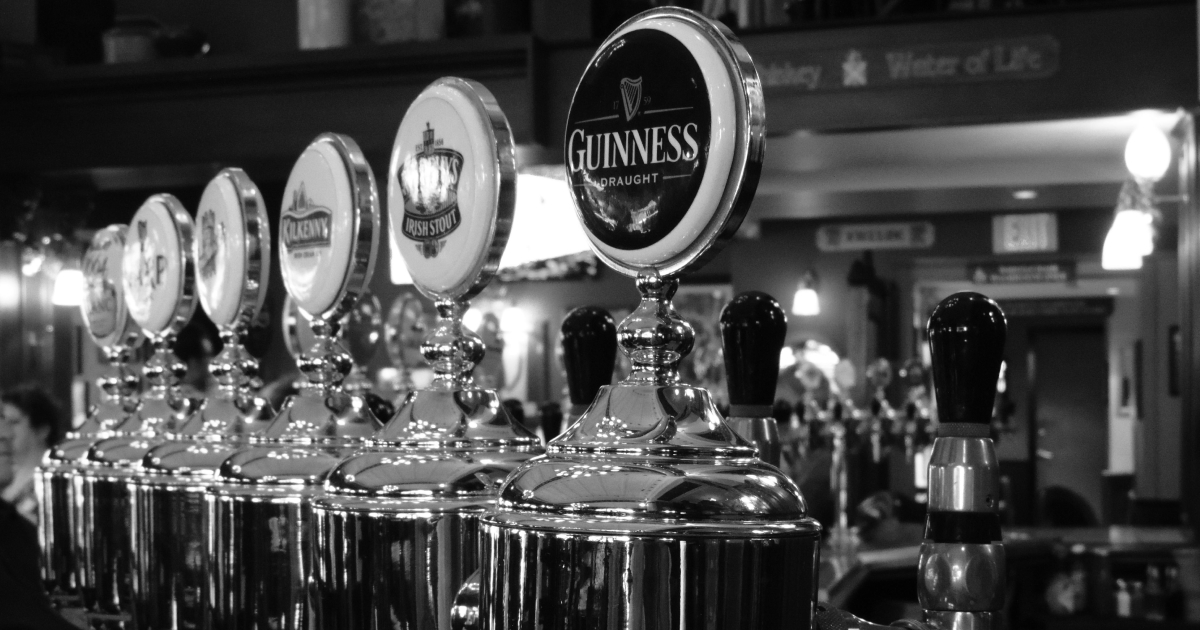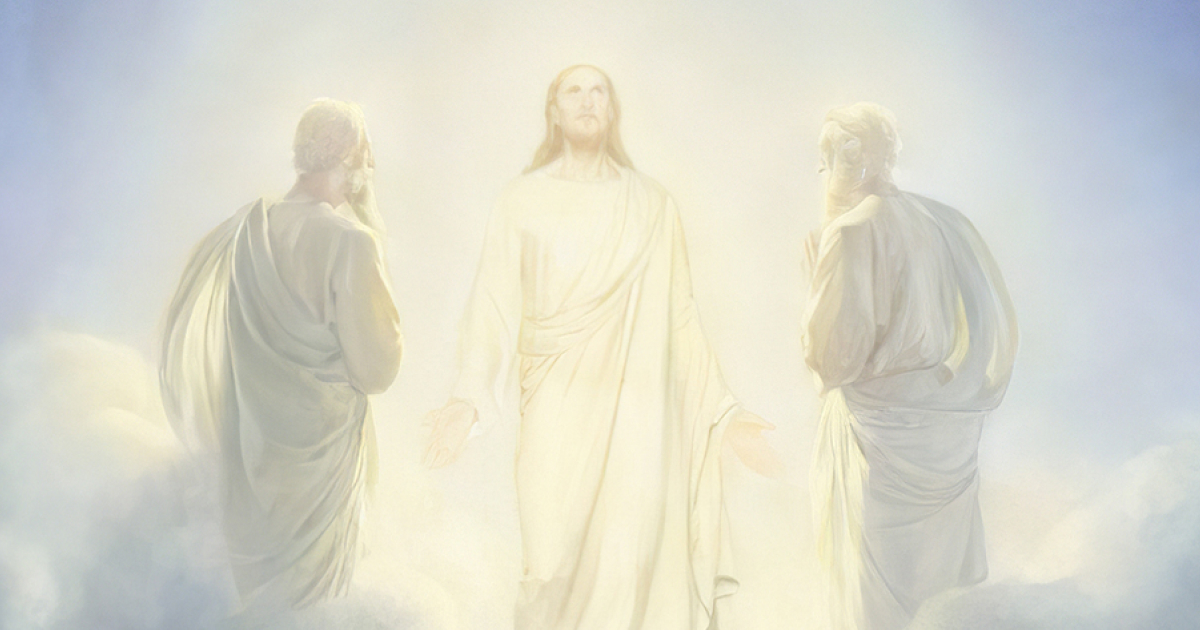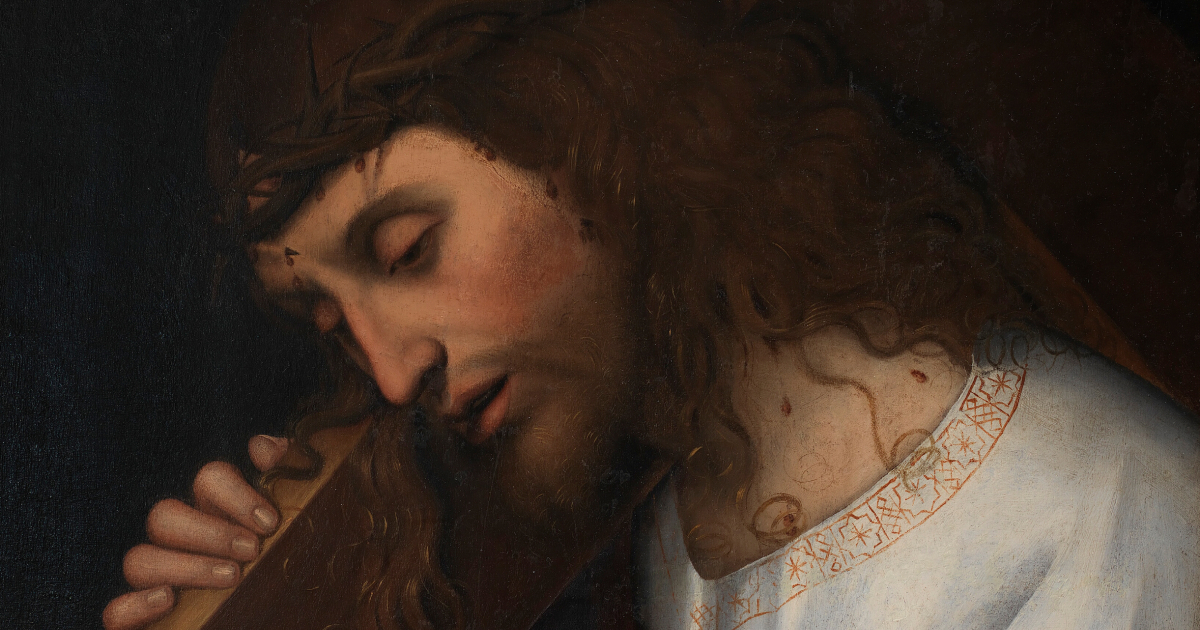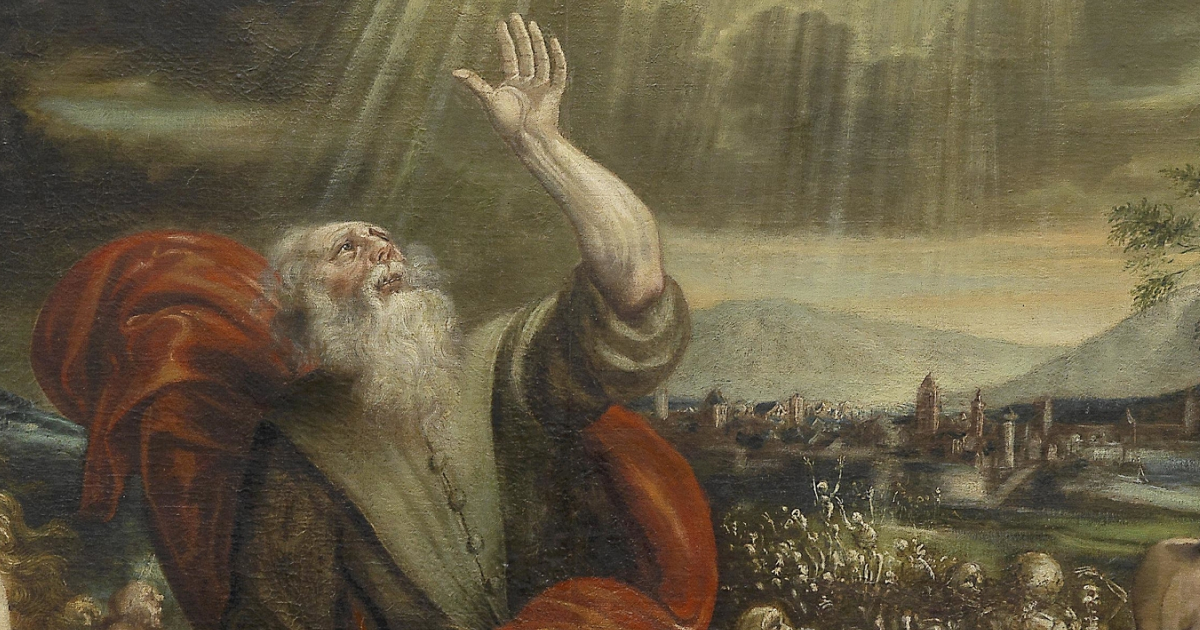The Archbishop of Wrocław has issued a warning to Catholics about the canonical status of the Society of St Pius X (SSPX), amid the construction of a new chapel in the city.
In a letter to be read in all parishes on Sunday, Archbishop Józef Kupny reminded the faithful that the priestly fraternity founded by Archbishop Marcel Lefebvre does not enjoy a regular status in the Catholic Church. His intervention follows growing curiosity among local Catholics about the building of a new SSPX chapel at the corner of Brochowska and Opolska Streets, beside a cemetery in Wrocław.
The SSPX already has a chapel in Wrocław, where Mass is offered four times each Sunday. The construction of another appears to be due to an increase in attendance, as the society states on its website that “the number of faithful regularly attending services and receiving the sacraments in the Wrocław chapel is steadily increasing.”
Archbishop Kupny said in his letter that many questions had arisen about the project, and he sought to clarify the Church’s relationship with the fraternity. He explained that, according to the guidelines of the Holy See, the Society has no regulated position in canon law. While their priests may validly celebrate the sacraments, he underlined that they do so illicitly, without the authorisation of the diocesan bishop.
The archbishop recalled that Pope Benedict XVI, in 2009, lifted the excommunications incurred by the SSPX’s bishops, who had been consecrated without papal mandate 21 years earlier. He added that, during the 2015 Jubilee of Mercy, Pope Francis granted the fraternity faculties to validly hear confessions and impart absolution, extending these beyond the jubilee “until further provision is made”.
Nevertheless, Archbishop Kupny stressed that Pope Francis has also issued new principles concerning the liturgy of the Roman Rite, which place regulation of the 1962 Missal firmly in the hands of diocesan bishops. It falls to the local ordinary, he said, to decide where and when the older form of the liturgy may be celebrated.
He emphasised that priests of the Society act without permission in Wrocław. Their Masses are valid, he said, but celebrated “wickedly”, since they are performed outside the discipline of the Church. Participation at such liturgies, while not forbidden, could not be recommended.
The archbishop warned that the activities of the SSPX risk causing division among believers. If its members consciously refuse obedience to the authority of the Pope and the discipline of the Church, they commit sin, he said, and are obliged to seek reconciliation in confession.
He urged Catholics attached to the traditional liturgy to attend celebrations authorised by the archdiocese. “I strongly recommend to all the faithful who are spiritually attached to the Holy Mass according to the ancient form of the Roman liturgy to participate in Holy Mass in a place approved and designated by me,” he said.
The SSPX is a traditionalist Catholic society of priests founded in 1970 by Archbishop Marcel Lefebvre in Écône, Switzerland. It was established in response to the reforms of the Second Vatican Council, particularly the changes to the liturgy and certain doctrinal interpretations, which the SSPX and its followers viewed as a departure from the Church’s traditional teachings. In 1988, Archbishop Lefebvre consecrated four priests as bishops against the explicit orders of Pope Saint John Paul II. As a result, Archbishop Lefebvre and the four newly ordained bishops were excommunicated.
The SSPX celebrates the traditional Latin Mass according to the 1962 Missal and is committed to preserving pre-conciliar forms of the sacraments, catechesis and religious life. While the SSPX maintains that its activities are in line with Church teachings and serve the spiritual needs of the faithful, Church authorities continue to point out its irregular canonical status and the potential problems caused by its pastoral work.
Recently, the Catholic Herald reported on a similar situation in the Diocese of Stockholm, where Cardinal Anders Arborelius issued a public clarification that SSPX priests—who had been performing sacramental functions, including confirmations, without his consent—are regarded as celebrating sacraments that are “valid but illicit”, and not in full communion with the Holy See.
(Photo by Omar Marques/Getty Images)





.png)











